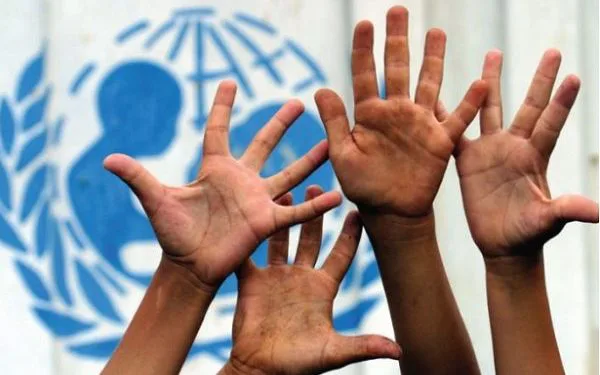As the country experiences yet another spike in COVID-19 infections, increasingly fueled by Omicron, the best interests of children must be central to any decision-making by the community and the government on whether to keep schools open, MIA informs.
The Government decision to prolong the start of the school year after the winter break must be a temporary measure and all efforts must be put in place to get children back in classrooms, the UNICEF Office in North Macedonia said in a press release.
Patrizia DiGiovanni, UNICEF Representative to the Republic of North Macedonia considers that preventive measures in schools are effective and that physical presence in school does not seem to be the main cause of the spread of the infection.
– For the last month of classes held in 2021, the data show a very low infection rate with only 0.01 percent of new cases per day among students and 0.03 percent among teachers. By comparison, in the two weeks when schools were closed for winter break, the number of newly infected cases in all age groups increased, from approximately 2,600 to 11,000 confirmed positive cases. We need to use this information to do everything we can to keep schools open and for children to attend classes safely,” said DiGovanni in a statement.
It has happened in the past that the beginning of the school year was postponed due to the bad weather conditions, she points out, but now the situation has changed. Previous delays at the beginning of the school year were rare and lost study time was compensated. The current situation is exacerbated by long periods of school closures due to the pandemic.
“Another wave of school closures would be catastrophic for the children. Prior to the COVID-19 pandemic, North Macedonia was already facing a education crisis, with more than half of all 15-year-olds in the country failing to reach basic levels of reading and math skills. North Macedonia already had the longest closing of schools in the region, when schools in the country were closed for a total of 54 weeks, compared to an average of 24 weeks in the region of Europe and Central Asia. More than 60 percent of teachers said that the number of students who have difficulty mastering the curriculum has increased during this period”, declared the UNICEF representative.
She emphasized that it is clear that it is in the best interest of the children to be in the classrooms and the reopening of schools should be a priority for the whole country. The risks that children face when they are out of school remain greater than the risks at school.
She points out that the long-term schools closure across the country, limited resources for students, teachers and parents and lack of access to distance learning have delayed decades of progress in education and made childhood unrecognizable.
















